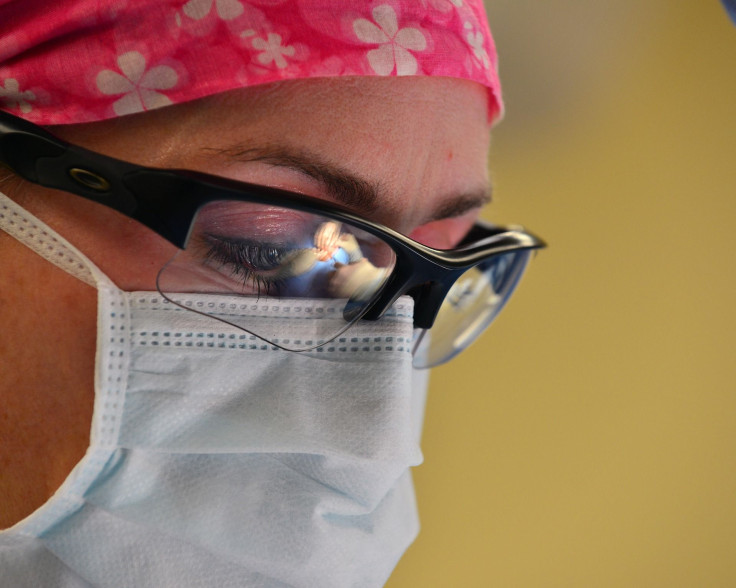1 In 4 Young Doctors Experience Symptoms Of Depression; What This Means For You

Doctors are who we turn to when something is wrong, whether it’s physical or psychological. We expect medical professionals to be there and diagnose our illnesses and disorders; it is their job, after all. But many doctors are suffering from their own illnesses as well, which can affect the way they do their job, just as anyone else. A new study based on 50 years’ worth of studies has found that more than one in four doctors in the early stages of their careers have signs of depression.
Published in the Journal of the American Medical Association, the research involved over 17,500 medical residents. The researchers were led by a current resident at Harvard and a University of Michigan Medical School psychiatrist and hoped to determine what percentage of new doctors may be depressed and what effect time has on that percentage.
They combined data from 54 different studies done around the world and concluded that 28.8 percent of physicians-in-training exhibit signs of depression, with that rate rising slightly over the five decades covered by the research.
“The increase in depression is surprising and important, especially in light of reforms that have been implemented over the years with the intent of improving the mental health of residents and the health of patients,” said Dr. Srijan Sen, senior author of the study, in a press release. Sen is also a member of University of Michigan’s Depression Center, Institute for Healthcare Policy and Innovation, and Molecular and Behavioral Neuroscience Institute.
The team focused on the years immediately post-medical school, called internship and residency. These years are hallmarked by long hours, intensive on-the-job training and a high level of responsibility for patient care. The study also noted that depressed doctors are more likely to make mistakes or give worse care than healthy doctors, meaning the findings are relevant to patients too.
Having definitive evidence that the proportion of new doctors with depression increases over time should help spur action to address the issue, according to Sen. Some teaching hospitals have started the process in taking mental health more seriously in recent years, but the authors say more needs to be done.
“Our findings provide a more accurate measure of the prevalence of depression in this group, and we hope that they will focus attention on factors that may negatively affect the mental health of young doctors, with the goal of identifying strategies to prevent and treat depression among graduate medical trainees,” said lead author Dr. Douglas Mata, of Harvard University.
Source: Mata D, Ramos M, Bansal N, et al. Prevalence of Depression and Depressive Symptoms Among Resident Physucians: A Systematic Review and Meta-analysis. JAMA. 2015.
Published by Medicaldaily.com



























